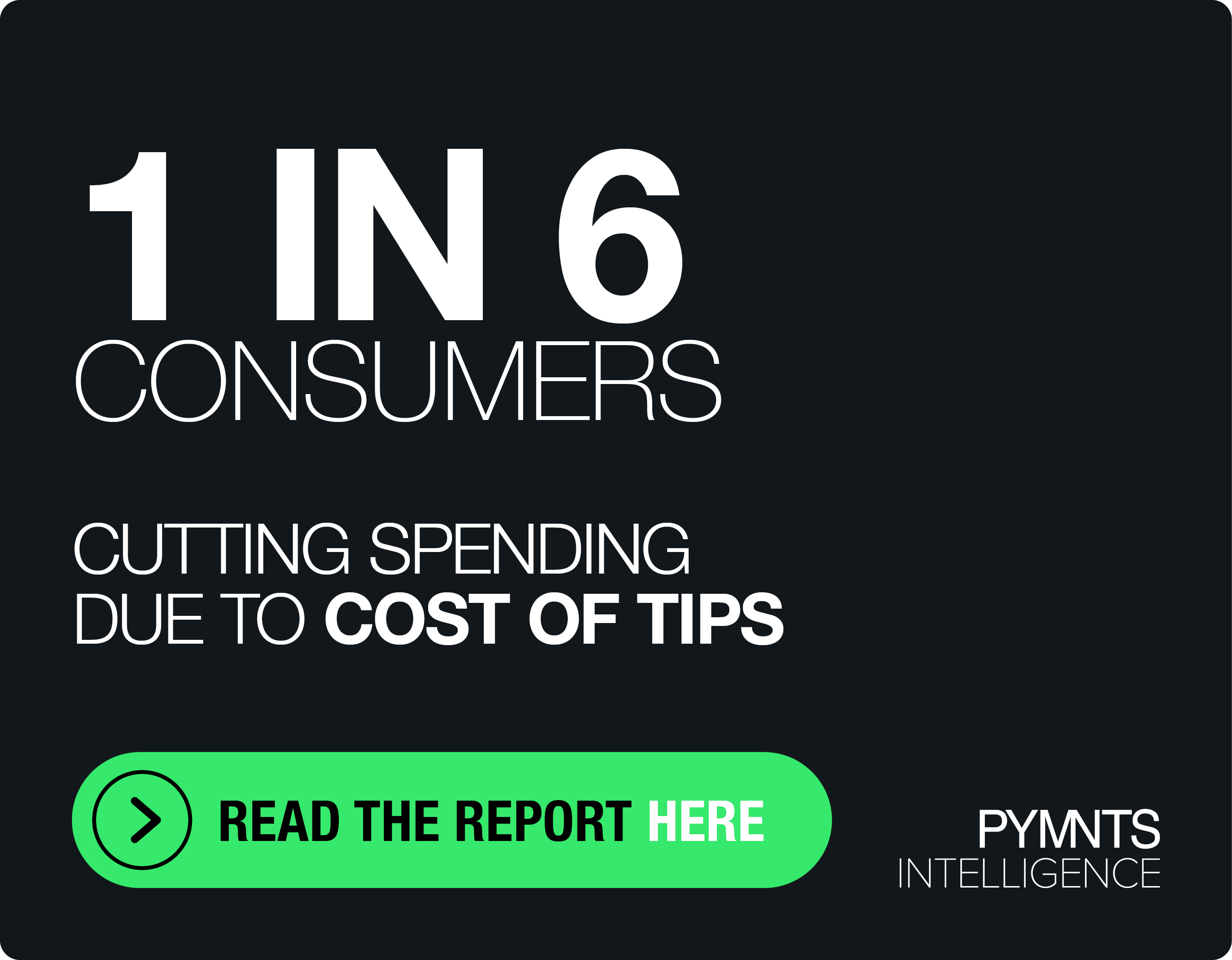Banks Can Deepen Digital Transformation Through Democratizing Data For Small Businesses

In A Decade of Digital Transformation in 12 Months, 46 C-suite executives spoke with PYMNTS for its Q2 eBook on what the world will look like as recovery rolls on and the next iteration of normal rolls out. In this excerpt, Tim Joslyn, chief technology officer at Pollinate, explores how COVID-19 created the opportunity for merchant-acquiring partners to offer deeper digital experiences for small businesses and to leverage data to help SMBs succeed.
Read the entire eBook here.
The COVID-19 crisis caused a lot of digital transformation to occur at a faster pace than usual. Businesses – particularly small businesses – had to swiftly learn and implement new digital sales and communication channels in order to simply survive. The few remaining cash-only businesses had to find merchant acquiring partners for payment terminals to start accepting card payments, as consumers’ use of cash changed in fear of transmitting the virus.
There is now an opportunity for those merchant-acquiring partners to offer deeper digital experiences for small businesses, and to use the wealth of data at their fingertips to level the playing field between SMBs and their larger counterparts. Through FinTech partnerships, banks can blend issuing and acquiring data to better serve their small business customers and offer them new products, as well as spot things like cash flow problems in advance to build a better relationship with businesses.
One way banks can leverage SMBs’ digital transformation and drive it forward is by democratizing data insights and enabling SMBs to offer loyalty programs to consumers beyond simple stamp cards. Research has shown that over half of consumers want small businesses to offer loyalty programs, and these SMBs could be missing out on roughly 277 million shoppers across the U.S., the U.K., Australia and Brazil. With consumers trusting their transactional data with banks 2.5x more than with Google, Apple or Facebook, banks have an opportunity to support SMBs in delivering loyalty schemes – a sentiment shared by 72 percent of consumers interested in using a small business’ loyalty program.
By blending the issuing and acquiring data to offer loyalty programs, banks are able to identify when a consumer makes a purchase as well as what that purchase may be, and enable merchants to offer rewards based on consumer shopping habits. Merchants can take full ownership of the program, offering the rewards they choose based on transactional value or the volume of a consumer’s purchase. Through an app offered by the bank and linked to a debit card, consumers can collect points to redeem when they make a purchase at any of the merchant partners.
By closing this “loop” between the bank, merchant and consumer, but retaining privacy for all, everyone gets the best of both worlds. Consumers get relevant offers and rewards from the local merchants they care about the most, merchants get more customers and business insights that were previously only available to large retailers like Amazon and Tesco, and banks become the key player in all these relationships – enhancing business customers’ experiences and unlocking more value and new products and services.
While small businesses have had to undergo digital transformations quicker than they may have planned, it is now up to banks to help them deepen this, and build a “stickier” relationship between banks and merchants as they grow.
